Beschrijving
Guiding principles: Do chronicle the past “as it really happened,” Leopold von Ranke stressed long ago. Abiding by his spirit, this volume narrates the Hungarian nation’s quest for defending a sovereign existence while caught in the middle of a German‐Soviet geopolitical struggle decisively influencing life and death. The narrative also considers the diligent Hungarian Jewish community’s attempt of carrying on a normal life despite facing severe domestic and foreign impediments, eventually leading to the enormous Holocaust tragedy. The author is mindful of Baruch Spinoza’s plea of “ridicule not, bewail not, nor scorn human actions, but understand them.” Rationality also dictates reflection upon Albert Einstein’s appeal: “Morality is of the highest importance… for our very existence depends on it.”
Historical observations: *Despite attending to Hungary’s destabilizing irredentism, Hitler sought no Hungarian invasion of the Soviet Union in 1941, and demanded large Honvéd forces only after his defeat at Moscow *The Holocaust’s intrusion into Hungary was triggered by a German military occupation, while local collusion and collaboration assisted it *Horthy was a calculating politician but not an anti‐Semite, resulting in his uneven, positive and negative treatment of the Jewish Magyars. *Szálasi was an anti‐Jewish zealot proposing expulsion, but not genocide *Christians individuals and institutions saved many Jewish Magyars *Swedish humanitarian Wallenberg was an American secret agent *Not an “Alpine redoubt,” but “Festung Budapest” defended the Reich *1941‐1945, circa 500,000 Jewish and 600,000 non‐Jewish Magyars died *Intervention, war, and a coup ended the Old Order and the Magyar monarchy.
About the author: From a youthful observer in Hungary, Endre B. Gastony evolved into a student of history at the University of Oregon. As professor at Augustana University, he combined teaching with research and writing on nationalism, international affairs, and Hungarian history, along with conducting college study tours in Europe, until his retirement with his wife Susan into a life of research, writing, tennis, sailing and rest.


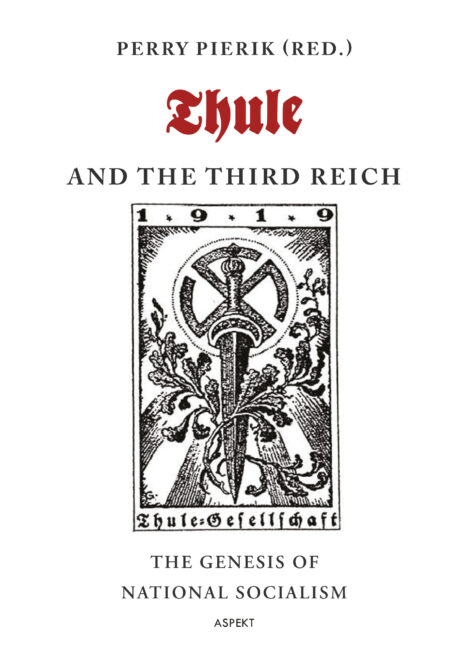
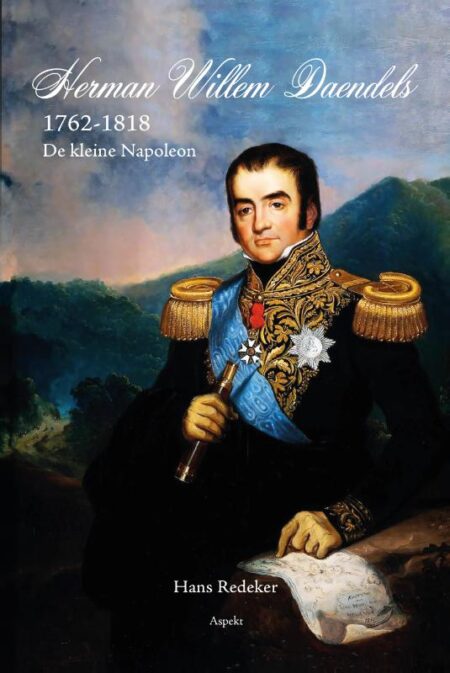
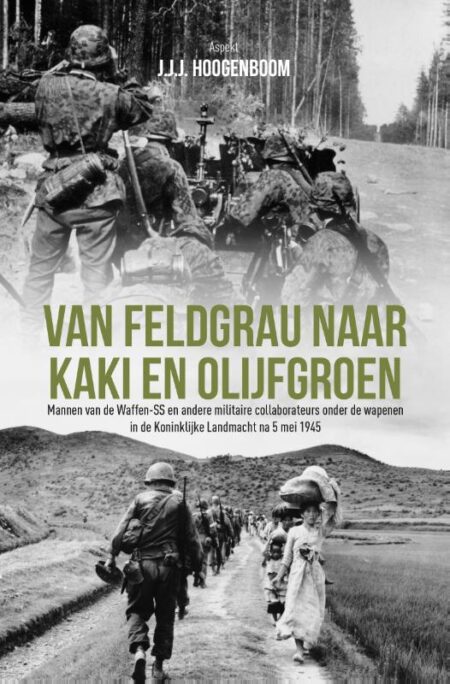
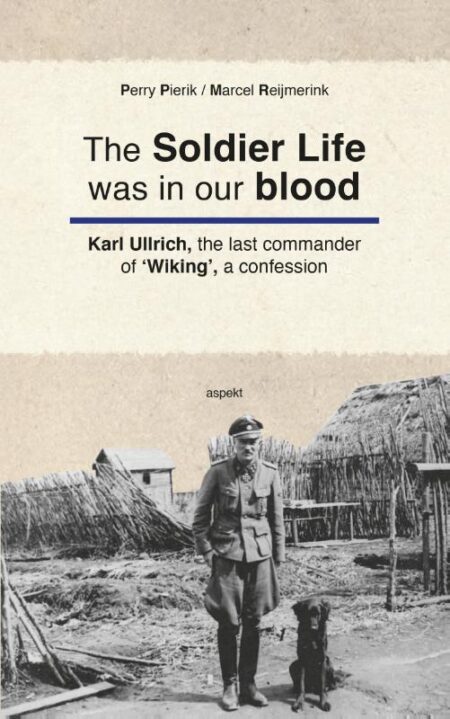
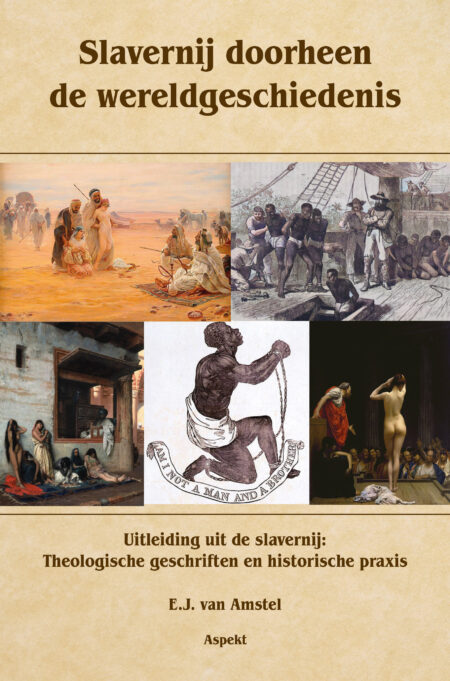


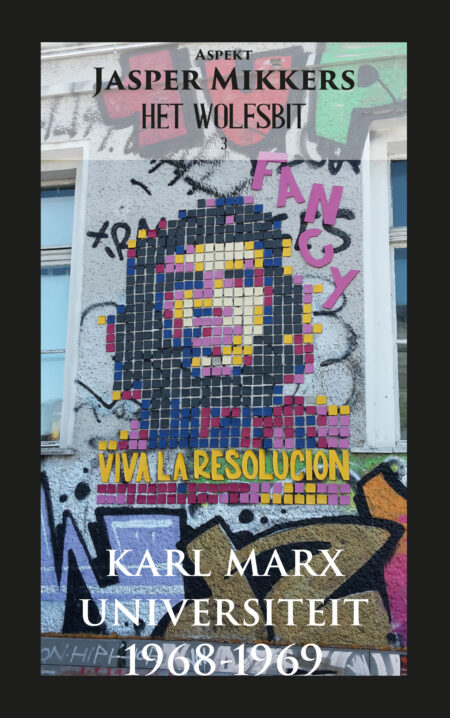
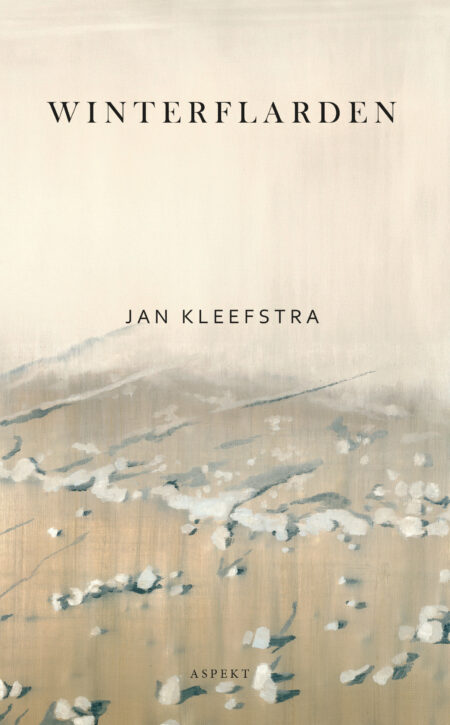

Beoordelingen
Er zijn nog geen beoordelingen.